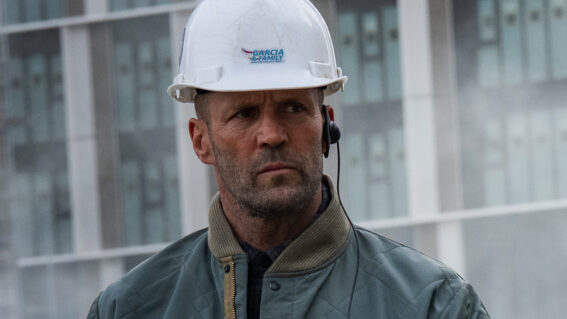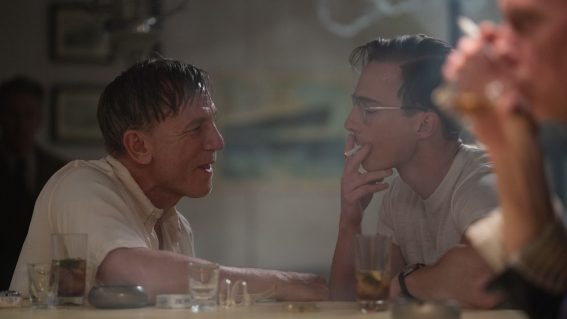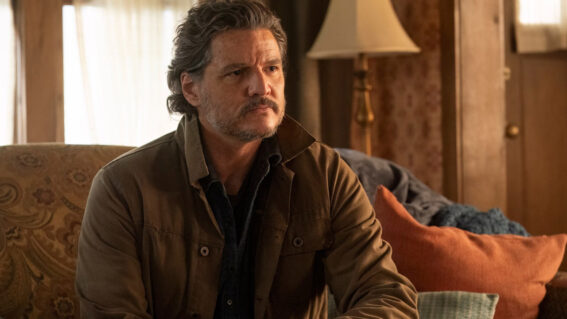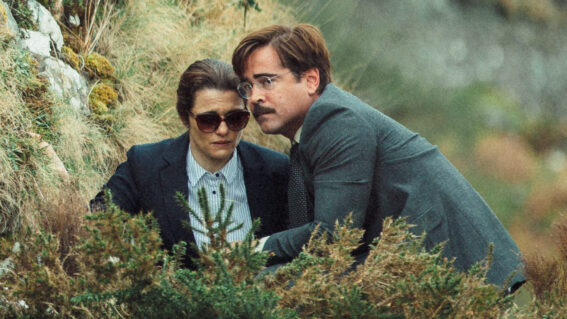The Decameron is exactly what we’ve been craving since the untimely end of The Great
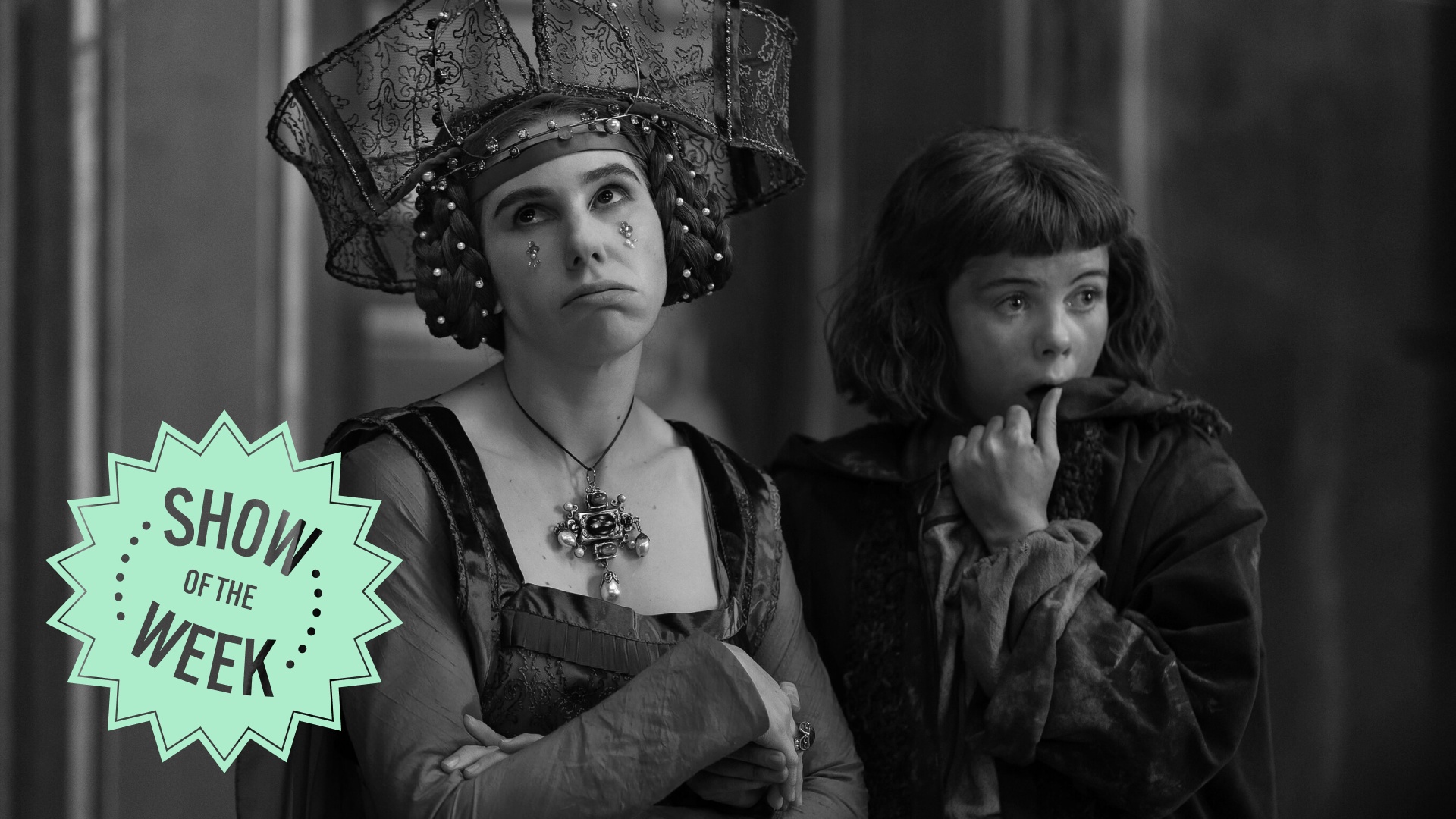
Clarisse Loughrey’s Show of the Week column, published every Friday, spotlights a new show to watch or skip. This week: Beyond The Decameron’s comedy, it really captures the sense of hysteria that brews up when people think they’re living at the end of the world
Finally! A new television series I can confidently describe as “bawdy”. Netflix’s (very loose) adaptation of The Decameron is exactly what I’ve been craving since the untimely end of the Elle Fanning-led, Russian monarchy-themed historical comedy, The Great. These shows have, arguably, found the equilibrium between modern sensibilities and vaguely period-accurate tone. Actors aren’t too fussed about accents, and they all swear like they’re on Succession, yet the odd archaic phrase is thrown in—and, more importantly, their plots have a fussy outrageousness to them and a tittering, innuendo-driven attitude to sex that plays comfortably as traditional farce.
Here’s a way to update history without treating it like it’s beneath you. Granted, Netflix’s The Decameron shares very little in common with its source, by 14th-century Italian author Giovanni Boccaccio, an anthology framed as the shared, nightly stories of a group of young men and women as they shelter in a secluded villa outside Florence to evade the Black Death.
The series, created by Kathleen Jordan, ditches the narrative structure (if you’re keen for that, there’s always Pier Paolo Pasolini’s 1971 film), to focus solely on those sheltered elites and the put-upon servants they drag along with them. Jordan was first inspired by the somewhat delusional first reactions celebrities had to the COVID-19 pandemic and prospects of quarantine, particularly the ones who anointed themselves as public advisors and motivational cheerleaders from inside their multi-million dollar homes.
That parallel becomes immediately apparent when the gilded and pampered Pampinea (Zosia Mamet) leans out of her window to watch a man in the street weep over his dead, plague-infected wife and remark, “What a beautiful love story”. She’s headed out of Firenze (ie Florence) to the villa of Count Leonardo, whom she hopes to wed, with her exhausted, borderline hysterical servant Misia (Saoirse-Monica Jackson) in tow.
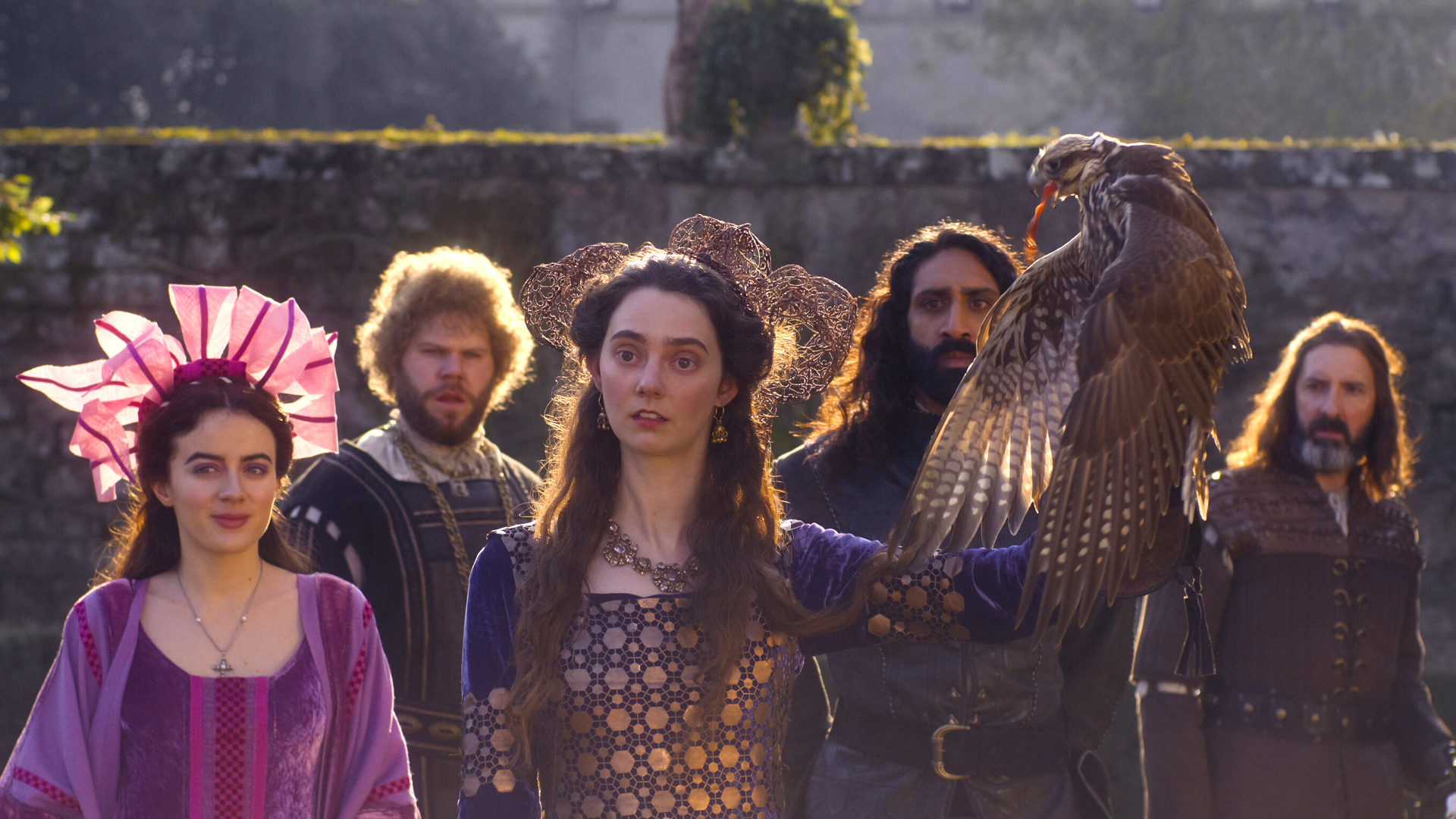
Also invited are Neifile (Lou Gala) and Panfilo (Karan Gill), a married couple who don’t have sex because she only gets on her knees for God and his interests lie elsewhere; the manbaby Tindaro (Douggie McMeekin) and his devilishly handsome, scheming doctor Dioneo (Amar Chadha-Patel); and what should have been Filomena (Jessica Plummer) and her handmaiden Licisca (Tanya Reynolds), only Filomena is a brat (not in the Charli XCX sense) who Licisca accidentally chucked off the side of a bridge. As revenge, Licisca assumes her identity.
They’re welcomed by Leonardo’s staff, Sirisco (Tony Hale) and Stratilia (Leila Farzad), who inform them the master of the house is off buying glass in Venice. Believe that excuse if you like. The wait swiftly becomes agonising, then horny, and eventually deadly. Everyone has a way of pottering around the villa, sticking their heads out over bannisters and out windows, as if they were players in a Shakespeare comedy. Yet, Mamet still voices Pampinea as if she were back in Girls, about to declare: “Sometimes I wonder if my social anxiety is holding me back from meeting the people who would actually be right for me, instead of a bunch of fucking whiny nothings as friends.”
The largely single location-bound series (no one really leaves the villa, with all the plague out there) has its own theatrical flair, and there’s some fun to be had with all the medieval headwear. But what’s actually most surprising about The Decameron is that, beyond its comedy, it really captures the sense of hysteria that brews up when people think they’re living at the end of the world. Class boundaries start to dissolve. And not in a righteous, revolutionary way—people either become pettier or more machiavellian about their own survival skills. Power, suddenly, rocks back and forth between characters like a galleon in a storm.
The Decameron plays, at times, like a season of Love Island, where exiled players aren’t voted off but infected by boils. Occasionally, someone new rocks up, and the entire dynamic of the place shifts. But there’s a real sense of pathos, too, in snatched moments of tenderness and sorrow, as faith crumbles and certainties unravel. Everyone’s so toxic and co-dependent and messy, and there’s a gloriously sharp line when Reynolds’s Licisca, with her Buster Keaton-big eyes and fizzy likeability, tells Filomena: “You only see one side of a person at a time, no history baked in”. It’s an unexpected, but accurate, takedown of privilege. So, while this Bridgerton-driven trend of amped-up, modernised history may seem a little exhausting, The Decameron proves that there’s plenty here to mine yet.







